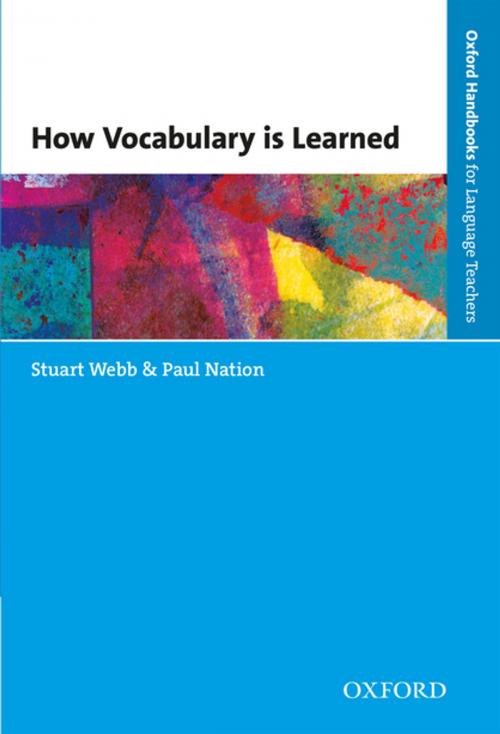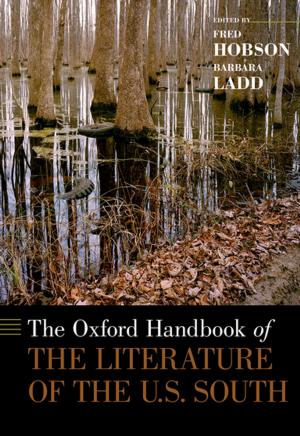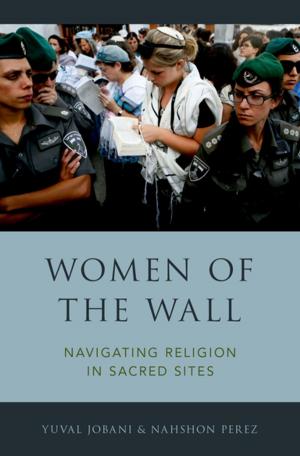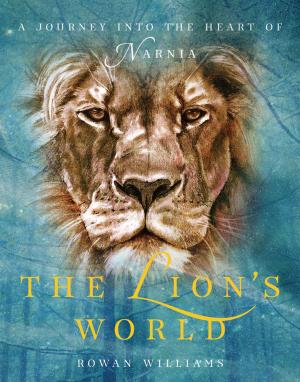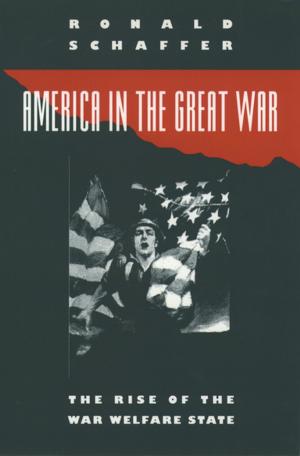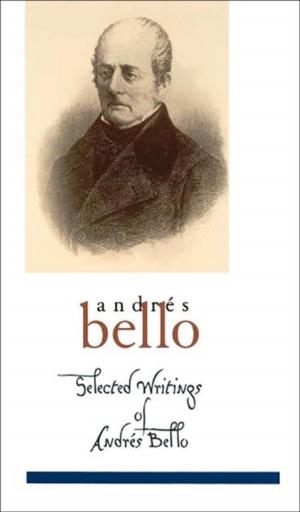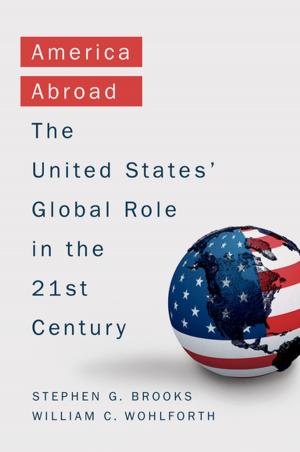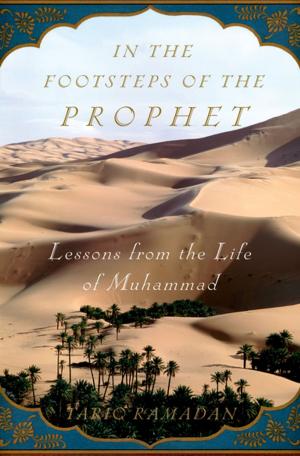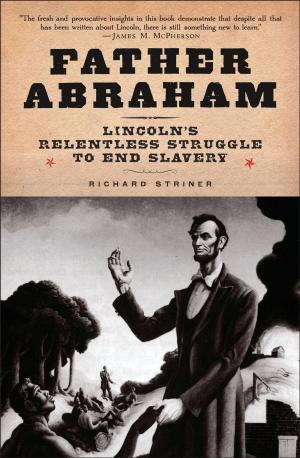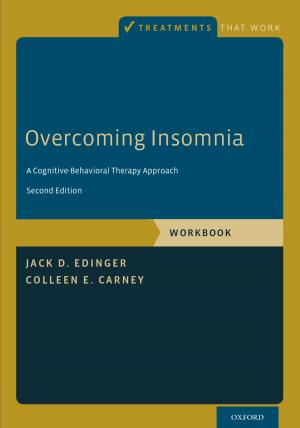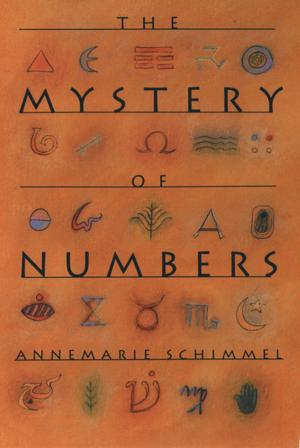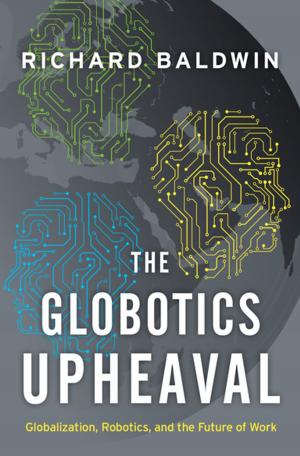| Author: | Stuart Webb, Paul Nation | ISBN: | 9780194403535 |
| Publisher: | Oxford University Press | Publication: | June 6, 2017 |
| Imprint: | Oxford University Press | Language: | English |
| Author: | Stuart Webb, Paul Nation |
| ISBN: | 9780194403535 |
| Publisher: | Oxford University Press |
| Publication: | June 6, 2017 |
| Imprint: | Oxford University Press |
| Language: | English |
This guide to vocabulary acquisition is essential reading for teachers of English as a second or foreign language. It presents the major ideas and principles that relate to the teaching and learning of vocabulary and evaluates a wide range of practical activities designed to help boost students’ vocabulary acquisition. Key questions which are answered include: • How many words should students learn at a time, and how often? • How much classroom time should be spent teaching vocabulary? • What is the best way to group vocabulary for learning? • Is it useful to provide students with the L1 translations of unknown words? • Why do some students make greater progress than others? stuart webb is Professor in Applied Linguistics at the University of Western Ontario, Canada. paul nation is Emeritus Professor in Applied Linguistics at Victoria University of Wellington, New Zealand. Teachers will find answers to many of their perennial questions about vocabulary learning—as well as some they had not yet thought to ask! There is research evidence to support established practices, but also new evidence that challenges old ideas. patsy lightbown (co-author of How Languages are Learned, with Nina Spada)
This guide to vocabulary acquisition is essential reading for teachers of English as a second or foreign language. It presents the major ideas and principles that relate to the teaching and learning of vocabulary and evaluates a wide range of practical activities designed to help boost students’ vocabulary acquisition. Key questions which are answered include: • How many words should students learn at a time, and how often? • How much classroom time should be spent teaching vocabulary? • What is the best way to group vocabulary for learning? • Is it useful to provide students with the L1 translations of unknown words? • Why do some students make greater progress than others? stuart webb is Professor in Applied Linguistics at the University of Western Ontario, Canada. paul nation is Emeritus Professor in Applied Linguistics at Victoria University of Wellington, New Zealand. Teachers will find answers to many of their perennial questions about vocabulary learning—as well as some they had not yet thought to ask! There is research evidence to support established practices, but also new evidence that challenges old ideas. patsy lightbown (co-author of How Languages are Learned, with Nina Spada)
